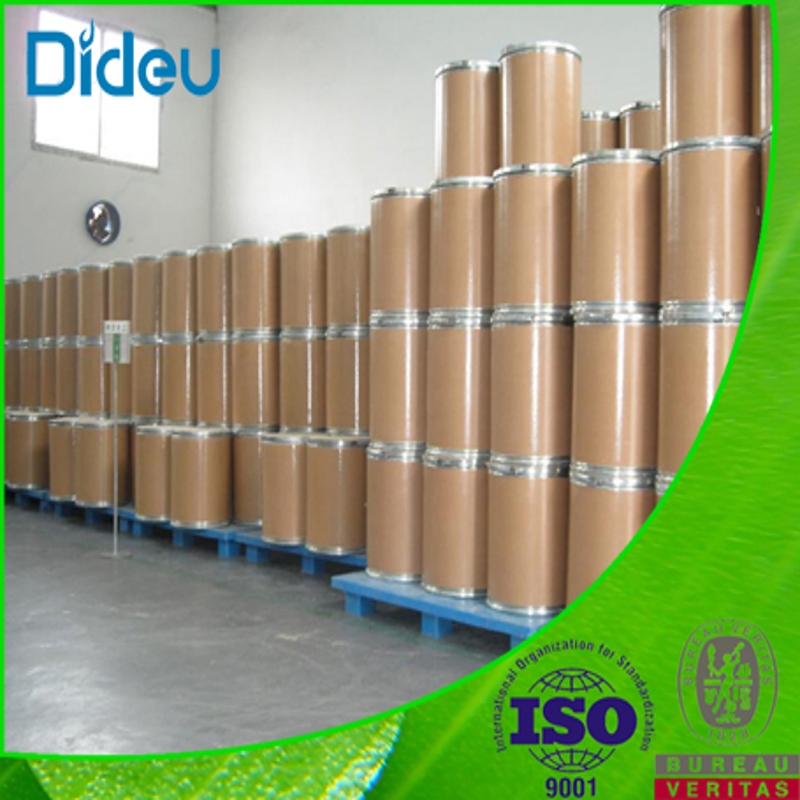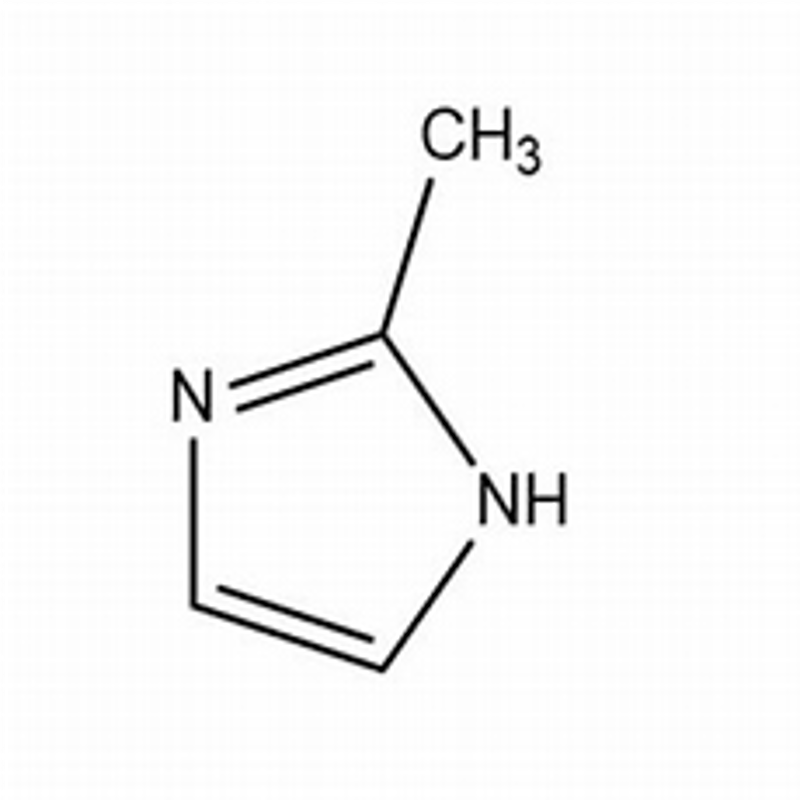-
Categories
-
Pharmaceutical Intermediates
-
Active Pharmaceutical Ingredients
-
Food Additives
- Industrial Coatings
- Agrochemicals
- Dyes and Pigments
- Surfactant
- Flavors and Fragrances
- Chemical Reagents
- Catalyst and Auxiliary
- Natural Products
- Inorganic Chemistry
-
Organic Chemistry
-
Biochemical Engineering
- Analytical Chemistry
-
Cosmetic Ingredient
- Water Treatment Chemical
-
Pharmaceutical Intermediates
Promotion
ECHEMI Mall
Wholesale
Weekly Price
Exhibition
News
-
Trade Service
(5-Methyl-2-pyrrolidin-1-yl)methanol, also known as alpha-methyl-para-toluidine, is a chemical compound that is commonly used in the production of various chemicals, drugs, and other products.
Despite its widespread use, there have been concerns about its safety in the workplace and potential health risks to those who handle it.
One of the main concerns surrounding the use of (5-methyl-2-pyrrolidin-1-yl)methanol is its potential to cause cancer.
Studies have shown that this chemical can cause DNA damage, which can lead to the development of cancerous cells.
Additionally, inhaling the vapors of this chemical can cause irritation to the respiratory system, leading to respiratory problems such as shortness of breath, coughing, and wheezing.
Another safety concern surrounding (5-methyl-2-pyrrolidin-1-yl)methanol is its flammability.
This chemical is highly flammable and can ignite easily when exposed to heat, sparks, or other ignition sources.
Proper ventilation and fire safety measures must be in place when handling this chemical to prevent accidents and minimize the risk of fire.
In addition to its potential health and safety risks, (5-methyl-2-pyrrolidin-1-yl)methanol is also known to be highly toxic to aquatic life.
This means that it can cause significant harm to fish, birds, and other aquatic organisms if released into the environment.
Therefore, stringent regulations and guidelines are in place to prevent the release of this chemical into the environment and to ensure its proper disposal.
When handling (5-methyl-2-pyrrolidin-1-yl)methanol, it is important to take the necessary precautions to minimize the risk of exposure.
This includes wearing protective clothing, such as gloves and a face mask, and ensuring proper ventilation in the work area.
Additionally, workers should be trained on the proper handling and storage procedures for this chemical to ensure that they are aware of the potential risks and how to prevent them.
It is also important for workers to be aware of the symptoms of exposure to (5-methyl-2-pyrrolidin-1-yl)methanol.
These can include headaches, dizziness, nausea, and fatigue.
If any of these symptoms are experienced, the worker should seek medical attention immediately.
In summary, (5-methyl-2-pyrrolidin-1-yl)methanol is a chemical compound that is commonly used in the production of various chemicals, drugs, and other products.
While it has many benefits, it is also associated with potential health and safety risks, flammability, and environmental impact.
Proper handling and storage procedures, along with proper training and protective equipment, can minimize the risk of exposure and ensure the safe use of this chemical in the workplace.







